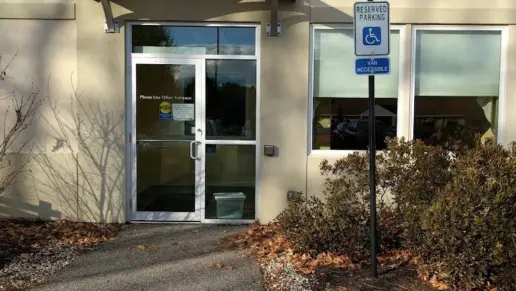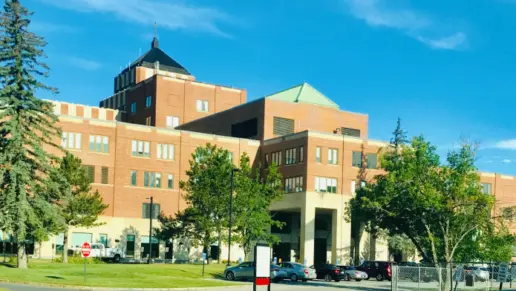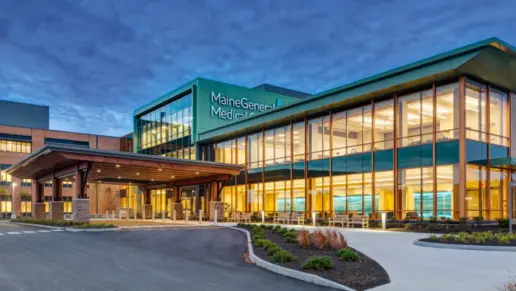My loved one's experience was less than satisfactory. Their mental and emotional health, wellness, and sobriety were on a frequent basis put into jeopardy by the words and actions of patients and particularly staff members.
About MaineGeneral Women’s Residential
If you’re a woman in Augusta, Georgia struggling with substance use disorder, you can find help through the Women’s Residential Program at MaineGeneral Health. This program provides long term residential treatment in a therapeutic, recovery focused setting that feels like home. They also offer medication assisted treatment and primary care for some clients. You can use private insurance to help pay for your services and some scholarships are also available.
They designed their services to feel as organic and holistic as possible. While you’ll have access to different kinds of treatments like dialectical behavioral therapy, cognitive behavioral therapy, and individual and group counseling, they don’t just focus on treating the disease of addiction. Instead, they look for ways to treat you as a whole person, taking your mental, spiritual, and emotional needs into account.
In this nine month program, you’ll learn more about what addiction is and the practical skills you need to overcome it. They’ll show you healthy coping strategies, ways to strengthen your relationships, and how to find a job that makes good use of your talents. You may learn this information through counseling sessions, peer recovery groups, or 12 step programs. If you need help withdrawing from alcohol or drugs during your treatment, your team can give you Suboxone to help relieve your pain, reduce your cravings, and make you less likely to relapse.
One former client remarked that the services were confidential and the staff was ready to help them find the care they needed. They also shared that the team has connections to other community resources, such as food and shelter, for clients in crisis.
Rehab Score
Accepted Insurance

Other Forms of Payment
Medicaid is a state based program that helps lower-income individuals and families pay for healthcare. Medicaid covers addiction treatment so those enrolled can use their coverage to pay for rehab. When a program accepts Medicaid the client often pays very little or nothing out of their own pocket.
Self-pay involves paying for treatment out of your own pocket. You can use savings or credit, get a personal loan, or receive help from family and friends to fund your treatment. If you don't have insurance or your insurance plan doesn't cover a specific program, self-pay can help ensure you still get the care you need.
Financial aid can take many forms. Centers may have grants or scholarships available to clients who meet eligibility requirements. Programs that receive SAMHSA grants may have financial aid available for those who need treatment as well. Grants and scholarships can help you pai for treatment without having to repay.
Sliding scale payments are based on a client's income and family size. The goal is to make treatment affordable to everyone. By taking these factors into account, addiction recovery care providers help ensure that your treatment does not become a financial burden to you or your family, eliminating one barrier to care.
Medicare is a federal program that provides health insurance for those 65 and older. It also serves people under 65 with chronic and disabling health challenges. To use Medicare for addiction treatment you need to find a program that accepts Medicare and is in network with your plan. Out of pocket costs and preauthorization requirements vary, so always check with your provider.
Addiction Treatments
Levels of Care
Treatments
The goal of treatment for alcoholism is abstinence. Those with poor social support, poor motivation, or psychiatric disorders tend to relapse within a few years of treatment. For these people, success is measured by longer periods of abstinence, reduced use of alcohol, better health, and improved social functioning. Recovery and Maintenance are usually based on 12 step programs and AA meetings.
Drug rehab in Maine is the process of helping someone learn how to live without the use of substances. Professional staff provide treatment to address the various issues of addiction. Methods often involve medication, counseling, and evidence-based therapies.
Opioid rehabs specialize in supporting those recovering from opioid addiction. They treat those suffering from addiction to illegal opioids like heroin, as well as prescription drugs like oxycodone. These centers typically combine both physical as well as mental and emotional support to help stop addiction. Physical support often includes medical detox and subsequent medical support (including medication), and mental support includes in-depth therapy to address the underlying causes of addiction.
Substance rehabs focus on helping individuals recover from substance abuse, including alcohol and drug addiction (both illegal and prescription drugs). They often include the opportunity to engage in both individual as well as group therapy.
Programs


Clinical Services
Research clearly demonstrates that recovery is far more successful and sustainable when loved ones like family members participate in rehab and substance abuse treatment. Genetic factors may be at play when it comes to drug and alcohol addiction, as well as mental health issues. Family dynamics often play a critical role in addiction triggers, and if properly educated, family members can be a strong source of support when it comes to rehabilitation.
Group therapy is any therapeutic work that happens in a group (not one-on-one). There are a number of different group therapy modalities, including support groups, experiential therapy, psycho-education, and more. Group therapy involves treatment as well as processing interaction between group members.
In individual therapy, a patient meets one-on-one with a trained psychologist or counselor. Therapy is a pivotal part of effective substance abuse treatment, as it often covers root causes of addiction, including challenges faced by the patient in their social, family, and work/school life.
Staff
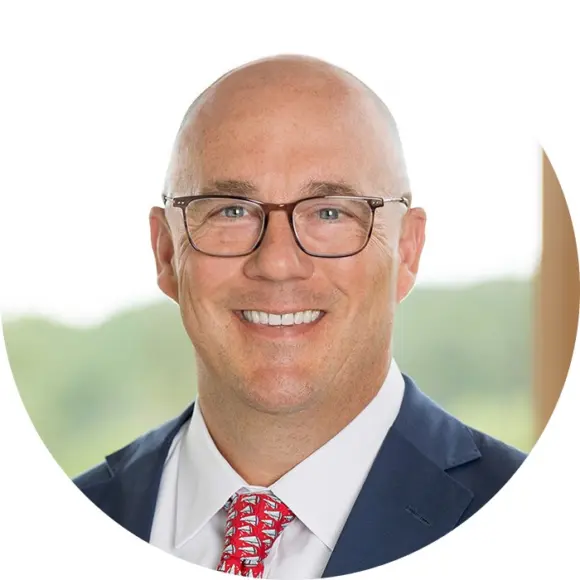
President and Chief Executive Officer
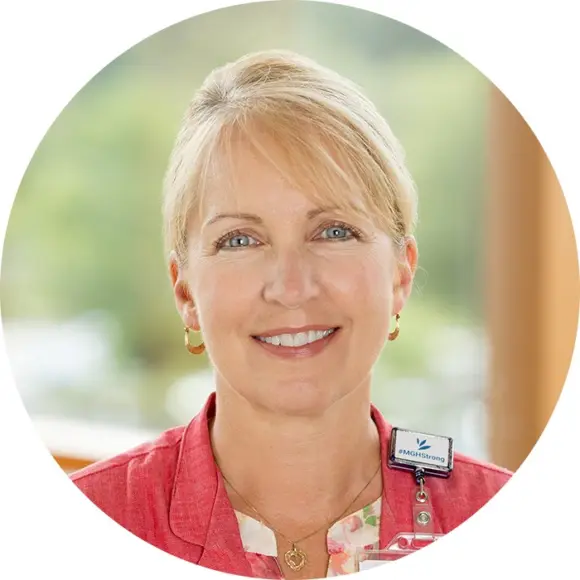
Chief Practice Officer
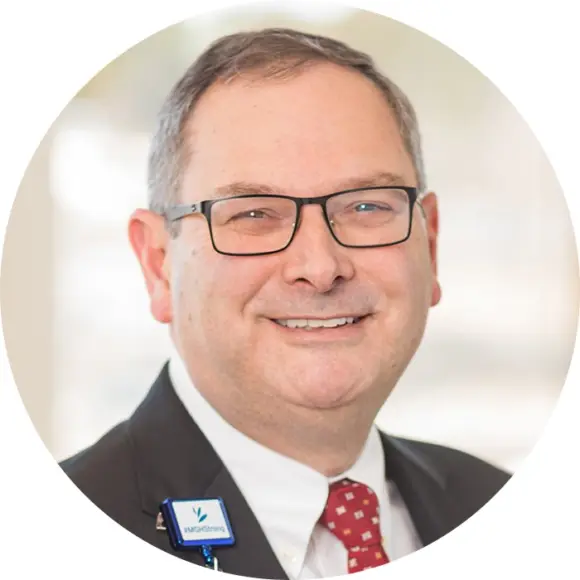
Chief Financial Officer
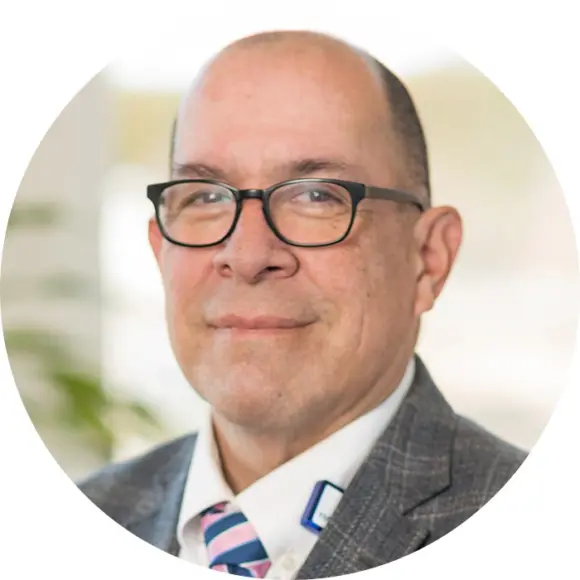
Chief Medical Officer
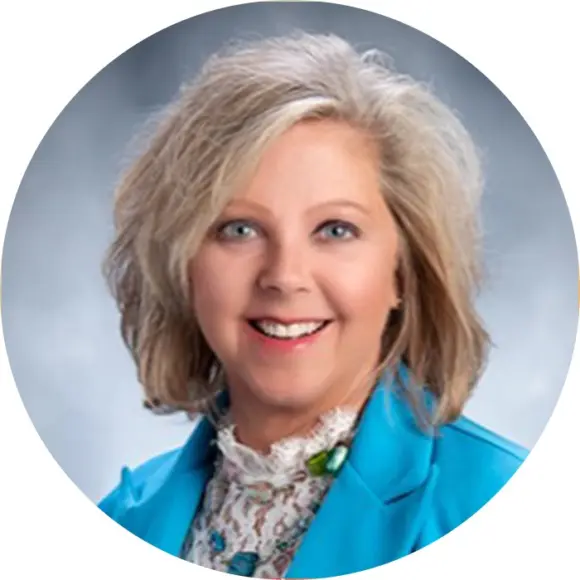
Chief Human Resources Officer
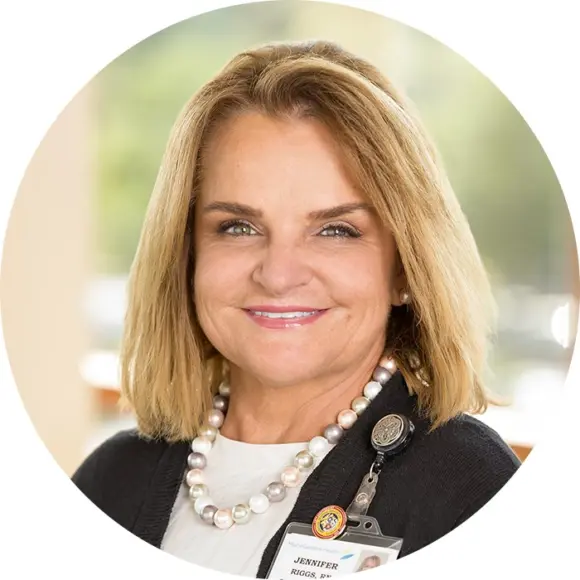
Chief Nursing Officer

Chief Information Officer
Contact Information
7-9 Spruce Street
Augusta, ME 04330
